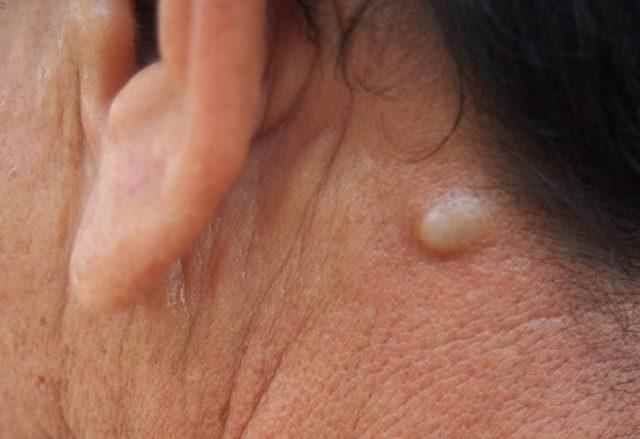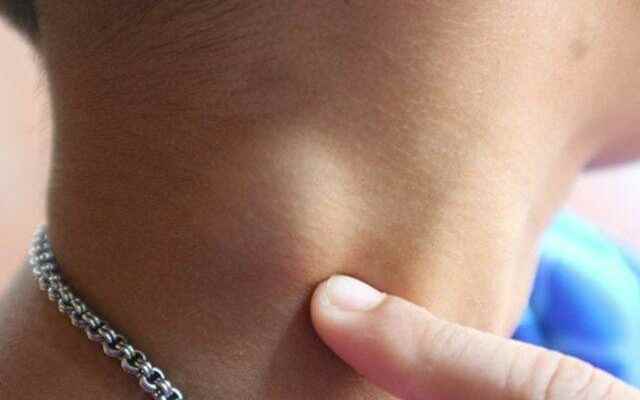Swelling in the body is among the most common health problems. Swelling in the neck and ear is also frequently seen due to increasing infections, especially in winter. However, ignoring these swellings and not showing them to the doctor can cause risky situations.
MAY BE A SYMPTOM OF CANCER
Swelling in the neck can cause the upper pharyngeal cancer to spread to the lymph nodes. These lumps are not usually painful, but should not be ignored. Other symptoms of this cancer include problems with hearing, nasal congestion, nosebleeds, and blurred vision. Lumps behind the ears can also accompany some types of cancer, such as skin cancer. It can also cause benign tumors.
CONSULT YOUR DOCTOR IF YOU NOTICE THAT THE LYMPH GLANDS ARE SWEATING
In lymphatic disorders, the lymph nodes enlarge and swell. This medical condition is known as “lymphadenopathy.” Our lymphatic system consists of lymph vessels and captures and destroys hundreds of bacteria in the lymph nodes. Lymphadenopathy can cause enlargement of lymph nodes in different parts of the body, including the neck, area around the ears, and under the arms. If you have noticed that any of the lymph nodes are enlarged and swollen, you need to consult a doctor.

ATTENTION TO OTHER SYMPTOMS
Enlarged lymph nodes in the neck, under the arms, or in the groin are common symptoms of Hodgkin’s Lymphoma, a type of cancer that starts in the white blood cells. Other symptoms of this disease include night sweats, weight loss, fever, and persistent cough.

MAY BE DUE TO INFECTION
Viral and bacterial infections also often cause swelling and lumps around the neck and ears. The most common infections that form lumps behind the ears include mononucleosis, strep throat, chickenpox, and measles. Check if the swellings are caused by oil cysts.

These cysts also form sebaceous glands that cover our skin and hair with oil. Doctors usually diagnose cysts during a visual examination, but additional tests may be needed in some cases. Lumps in the neck and ears should not be ignored. You should consult your doctor to find out if your lumps require treatment.
